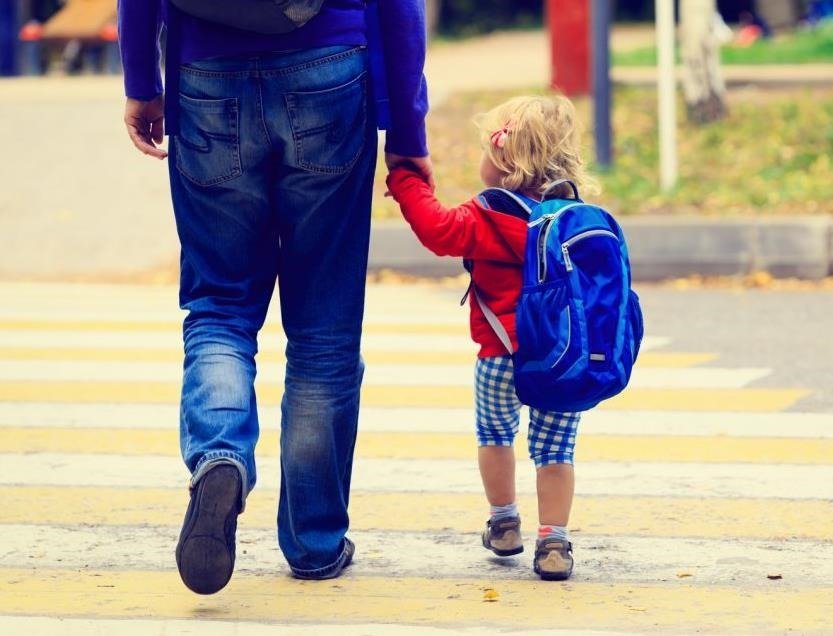What can we do when our child is going to start school? And what should we take into account? We discover some useful tips that will help you make your entrance much better.

September. The moment has arrived. Your “baby” is already an older child who goes to school for the first time and enters the Early Childhood Education stage. But what if we planned this big step a bit?
We have to differentiate the nurseries from the Nursery Schools. In the former, the support for your child is more supportive (primary needs) and in the latter, the educational load is added (objectives, content and learning assessment).
When we talk about Early Childhood Education we refer to the education that is formally imparted following the educational system, to children from birth to 6 years of age in order to contribute to their physical, emotional, social and intellectual development.
In Spain, Early Childhood Education is divided into two cycles: the first for 0 to 3 years and the second for 3 to 6 years. Normally when we talk about school, and that is what we are going to focus on in this article, we refer to the entrance of the student in the second cycle of Early Childhood Education since it is the one that is offered mostly in these, leaving the first cycle to more specialized centers.
Mainly we would like to emphasize that Early Childhood Education in Spain is 100% voluntary and that it is not compulsory to send our children to school until they are 6 years old, which is when they enter Primary. Despite this, early schooling is spreading due to its many benefits, among which is the positive impact on improving future academic performance.
Initial insecurities
The schooling of a child is something that in principle usually causes parents some anxiety. The child changes environment, teachers, classmates and routines. If your child has never previously attended kindergartens or nursery schools, the change is even more abrupt as he moves away from the family nucleus for the first time. And that change not only manifests itself in the child, but in you as well.
Like us, children perceive the new entry into the educational institution as something new and therefore insecure at first. In the first place, we should not transmit that anxiety to our child since this will cause a more complex adaptation to the center.
Some tips to facilitate entry into school
It is important to know what routines your child will carry out in his new school and that your child’s teacher will probably explain to you in advance before he goes to school for the first time. But to facilitate the new experience, we recommend that you practice and perform the following aspects during the summer:
Teach your child to go independently to the bathroom
Peeing, cleaning themselves, and finally washing their hands will give them a lot of self-confidence. Going to a new bathroom will not be so complicated for them and they will know how to solve small problems such as pulling up and lowering their pants.
Comfortable and easy to handle clothing
We love to make our children handsome and we can continue to do so but taking into account the following garments:
- Always shoes with Velcro. At the new school they will do fun activities and sometimes even have to get rid of their shoes. What fun! But when it comes to putting them on and taking them off, our child can easily get frustrated and we have the key to avoid the bad drink.
- Avoid buttons. Fine motor skills are one of the main objectives in Early Childhood Education and fastening buttons as well as tying bows for the little ones is a bit too big. It is best to look for garments with elastics or simple zippers that they can handle.
Recognize your name and / photo
This aspect will also be worked on a lot throughout the stage that concerns us but it will give you security to know what your things are.
Eat autonomously
Its recess time and our children are going to eat. They will feel safer if they are able to open / close, puncture / chop, etc. Otherwise they will need help throughout the entire process and will feel less capable.
In addition to these tips, before starting school you can take walks around his future school, attend an open house, tell him adventures and stories related to schools or just some of your funniest anecdotes. The more familiar school is to your child, the easier and faster it will adapt.
Finally, it is very important that you listen to and follow the instructions that the teacher tells you. Keep in mind that she is a professional and that she is there to help you and your children adjust.






























